Navigating Friendships and Expectations: A Child-Free Couple’s Vacation Experience
A 38-year-old woman and her husband recently vacationed in Bali with longtime friends, “Kate” and “Mary,” along with their families. The group rented a four-bedroom villa, splitting costs equally. While the child-free couple engaged in both group and individual activities, tensions arose due to perceived imbalances in participation and support. Post-trip, the woman received a message from Kate expressing a desire to reduce contact, citing issues such as the woman’s drinking habits, lack of assistance with the children, and differing social engagements. This unexpected feedback left the woman questioning her actions and the future of these friendships.
Sometimes, out of nowhere, a little bump in the road reveals that what you thought was smooth sailing wasn’t actually the case

The author and her friends took a trip with their husbands, and it was a good time
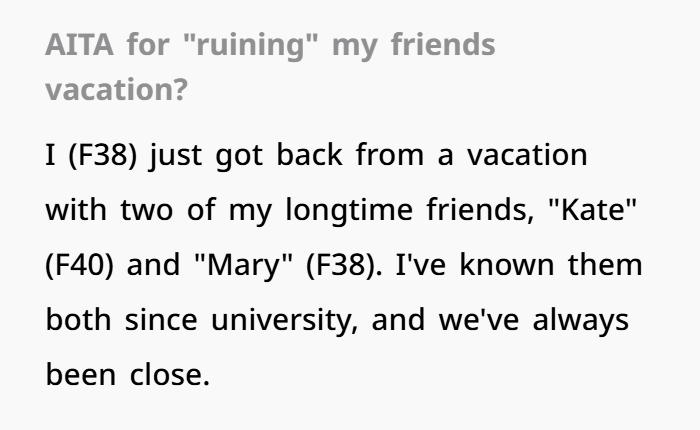
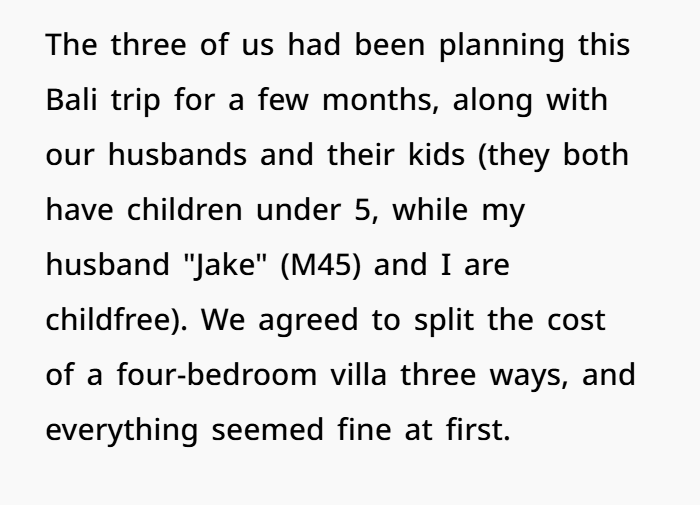
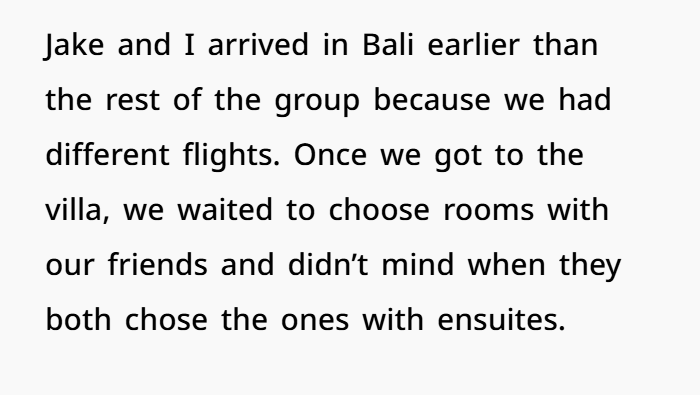



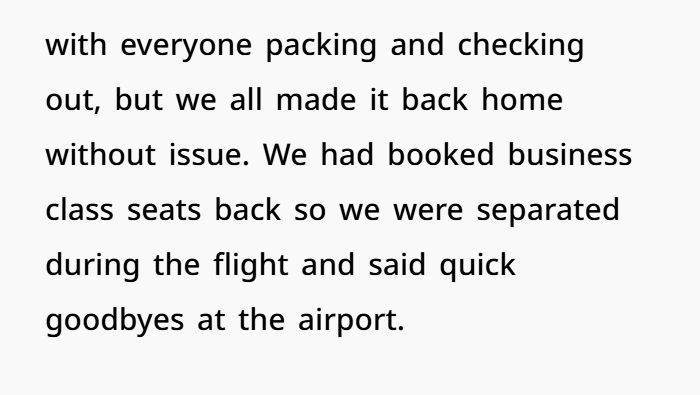

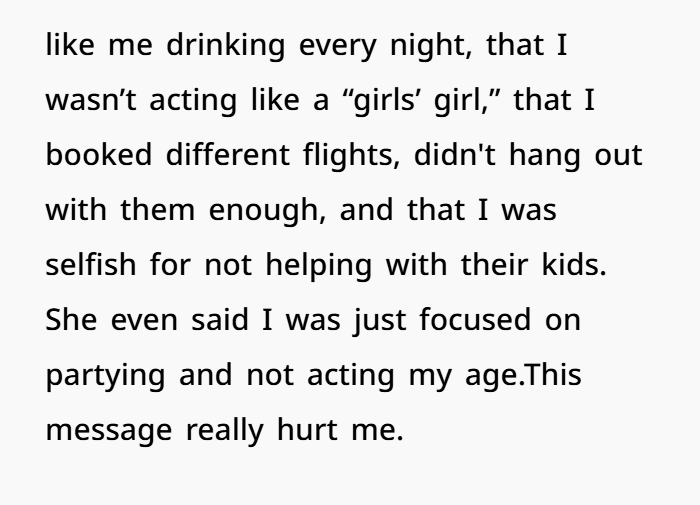
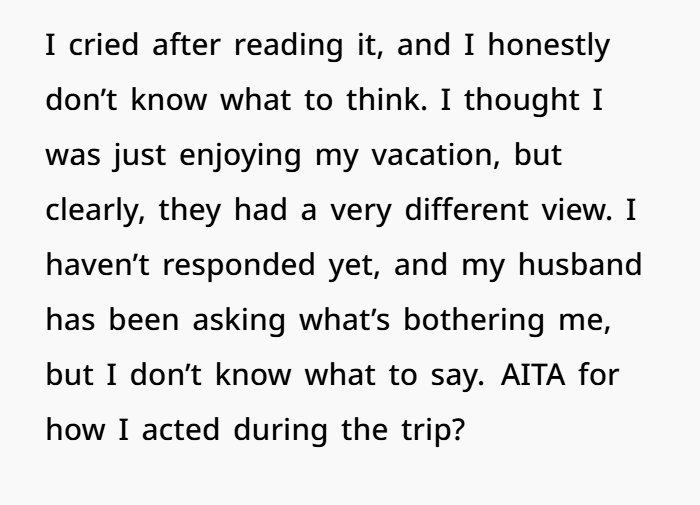
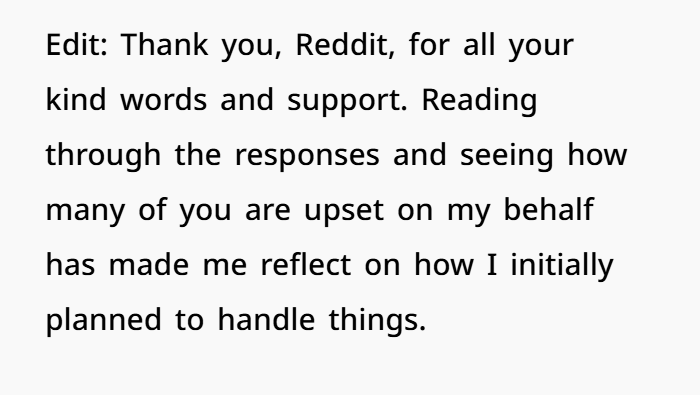
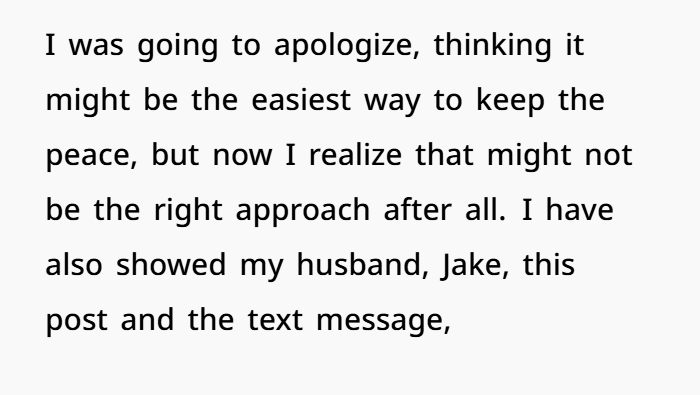

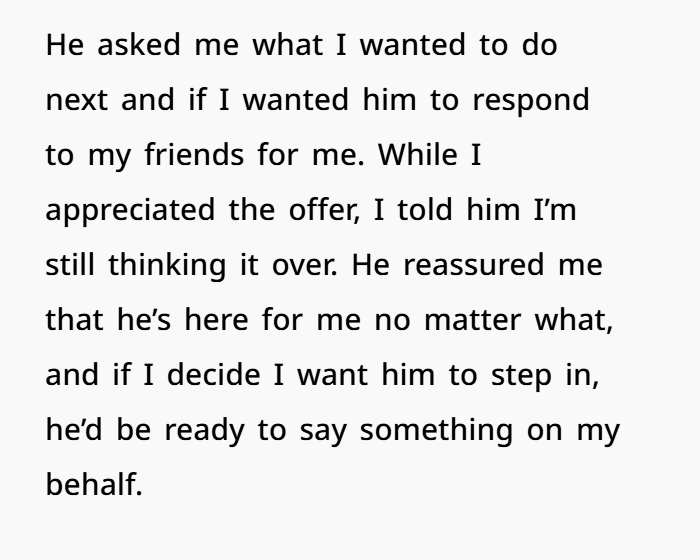

Embarking on a group vacation with friends, especially when some have young children and others are childfree, can present unique challenges. The situation you’ve described touches on several key aspects of group travel dynamics: differing expectations, communication breakdowns, and the complexities of balancing individual desires with group harmony.
Diverging Expectations Between Parents and Childfree Friends

Traveling with friends who have children introduces a layer of complexity, as parents and childfree individuals often have differing vacation priorities. Parents may seek family-friendly activities and may appreciate assistance with their children, while childfree friends might prioritize adult-oriented experiences and personal relaxation. This divergence can lead to misunderstandings if not addressed beforehand. As highlighted in discussions about child-free travel, some individuals prefer to avoid traveling with children to fully enjoy their vacation.
The Role of Alcohol in Social Settings
Alcohol consumption can be a sensitive topic within group dynamics. While some view vacations as an opportunity to unwind with drinks, others may have personal, cultural, or health reasons for abstaining or limiting alcohol intake. Comments like “Oh, you’re drinking again?” can stem from various motivations, including concern, personal beliefs, or even underlying tensions. It’s essential to recognize that such remarks, intentional or not, can impact group cohesion. Open discussions about drinking habits and mutual respect for individual choices can help mitigate potential conflicts.
Communication: The Cornerstone of Group Travel
Effective communication is paramount when coordinating group activities, especially with diverse participants. Ensuring that all members are on the same page regarding schedules, activities, and personal boundaries can prevent feelings of exclusion or neglect. For instance, if certain members choose to engage in separate activities, it’s beneficial to communicate these plans clearly to avoid misunderstandings. Moreover, addressing concerns promptly and directly can prevent minor issues from escalating.
Assumptions About Childcare Responsibilities

An underlying issue in your scenario is the assumption regarding childcare assistance. While it’s natural for parents to focus on their children’s needs during a vacation, it’s important to recognize that childfree friends may have different expectations. Assuming that childfree individuals will assist with childcare without prior discussion can lead to resentment. Clear conversations about roles and expectations can ensure that all parties feel respected and their boundaries acknowledged.
Addressing Passive-Aggressive Behavior
The text message you received post-vacation contains elements of passive-aggressive communication, which can be detrimental to friendships. Passive-aggressive behaviors, such as indirect accusations or guilt-tripping, often stem from unexpressed frustrations. Addressing such behaviors directly, yet compassionately, can pave the way for understanding and resolution. Utilizing “I” statements and expressing one’s feelings without assigning blame can facilitate productive dialogues.
Navigating Friendship Conflicts
Conflicts among friends, especially during high-stress situations like travel, are not uncommon. However, the manner in which these conflicts are addressed determines the health and longevity of the friendship. Engaging in open, honest, and empathetic conversations can help in understanding each other’s perspectives. It’s also essential to assess the value and dynamics of the friendship, ensuring that it remains a source of mutual support and respect.
Netizens strongly believe that her friends are jealous of her because she’s child-free and was able to have a stress-free vacation
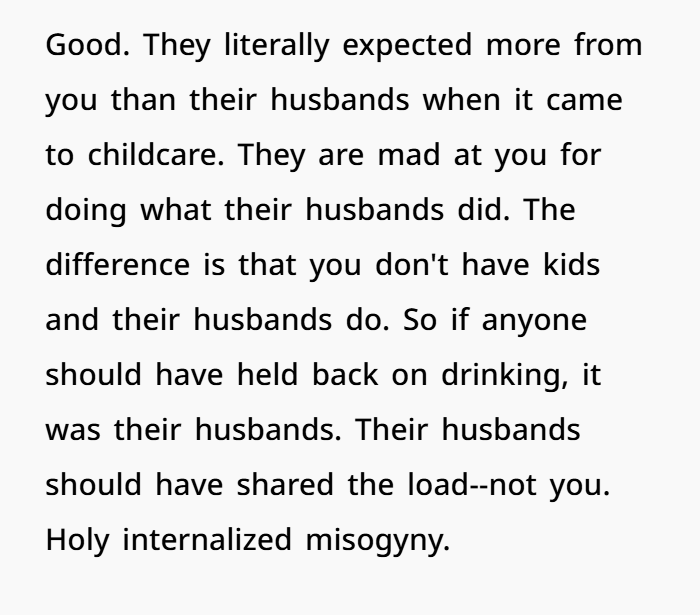

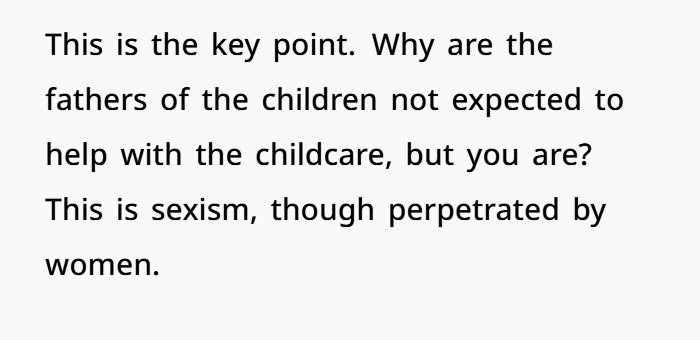


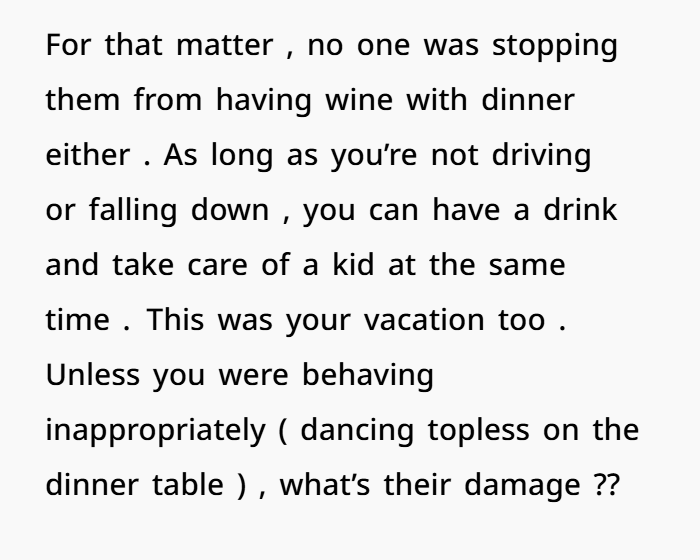
Your experience underscores the importance of clear communication, setting boundaries, and mutual respect in group travel scenarios. While it’s natural for parents and childfree individuals to have differing vacation expectations, addressing these differences openly can prevent misunderstandings. Reflecting on the situation, it appears that your actions were in line with enjoying your vacation, and the subsequent reactions may stem from uncommunicated expectations and assumptions. Moving forward, fostering open dialogues with friends about roles, responsibilities, and personal boundaries can enhance mutual understanding and strengthen relationships.

